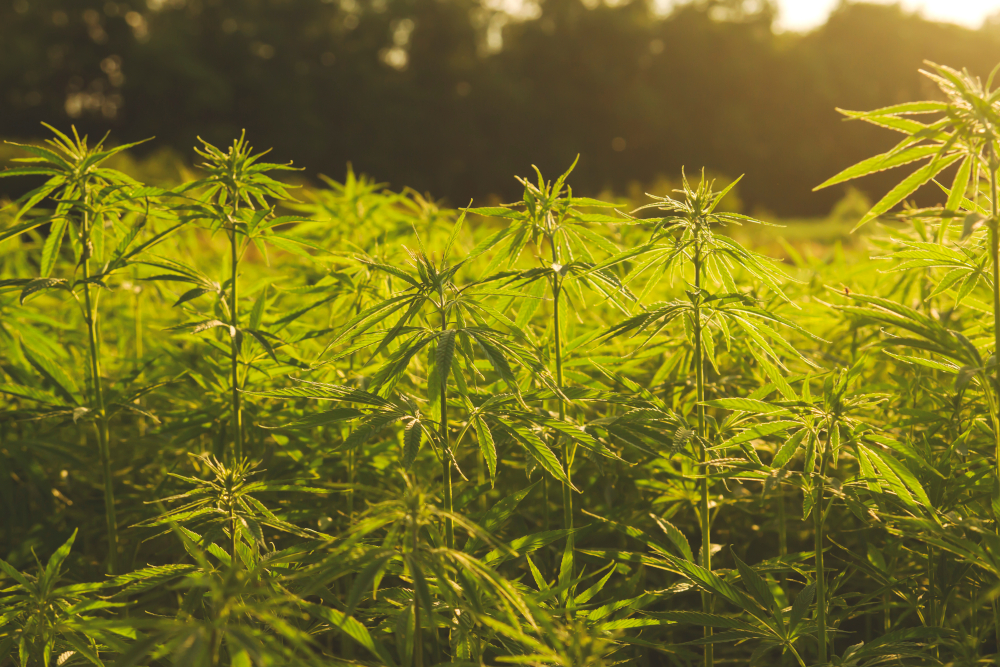A key UK drugs agency has recommended raising the THC limit for industrial hemp from 0.2% to 0.3% “on the field,” bringing it in line with the EU and the United States.
In a memo issued last week, the Advisory Council on the Misuse of Drugs (ACMD) urged raising the THC threshold to give UK farmers a broader selection of cultivation seed.
Stakeholders have pointed out that moving from a 0.2% to a 0.3% THC threshold could increase the number of viable seed options from just a handful to dozens, allowing regional adaptations for varied climates from Scotland to southern England.
Perhaps more importantly, CBD producers could become more efficient because CBD rises in industrial hemp plants in proportion to THC.
ACMD suggested that the benefits of increasing the THC limit outweigh any potential risks. The agency also highlighted economic and environmental gains due to a wider selection of hemp varieties. The move coincides with recent reforms by the UK Home Office to the licensing framework, which now enables expanded cultivation zones and longer licensing terms.
Economic, environmental benefits
Also, under the recommended guidelines, the licensing fee for cultivating hemp would be reduced to £580 ($751, €695), down from £4,700 ($6,092, €5,635)
Stakeholders have welcomed the ACMD’s recommendation, suggesting it signals the government’s growing support for the hemp sector and its many economic, consumer, and environmental benefits.
However, post-Brexit regulatory changes mean that UK farmers cannot automatically access all EU-approved seeds. Only seeds listed in the UK’s national register or on the OECD-approved list are allowed, complicating the process for growers who wish to use new EU varieties. Those who do must apply to the Department for Environment, Food & Rural Affairs (DEFRA) and undergo additional regulatory checks.
Navigating regulatory hurdles
While regulatory challenges remain, the ACMD recommendation marks an essential step in modernizing UK hemp policy. Stakeholders emphasized that climate change naturally drives up cannabinoid levels in crops, making the THC limit increase even more relevant. They suggested that the government consider an approved list of seed varieties to help farmers meet compliance standards, as measuring THC in fields is complicated by weather-based fluctuations.
The proposed 0.3% limit could lay the groundwork for a more supportive regulatory environment, particularly if it facilitates broader reform. This change could prompt revisions to the Proceeds of Crime Act (POCA), a law that restricts UK industrial hemp companies by limiting access to essential financial and legal services. Stakeholders view the ACMD’s recommendation as an opportunity to ease these restrictions and support capital investment, which remains limited under the current application of POCA.
If adopted, these changes would also allow UK hemp businesses access to crucial banking and legal services, enabling them to plan for long-term growth.

